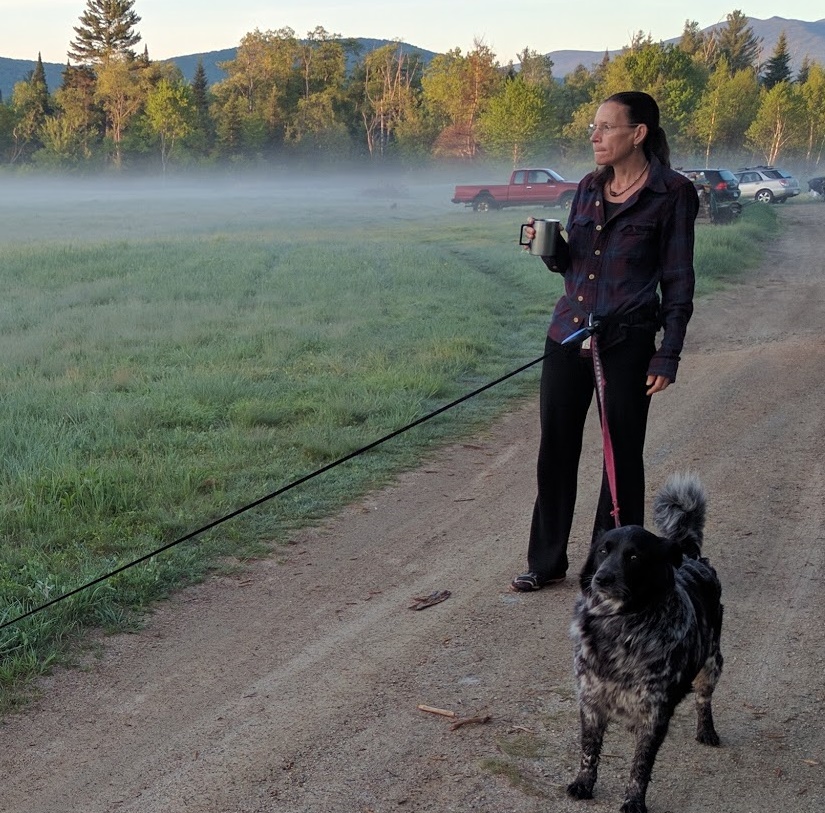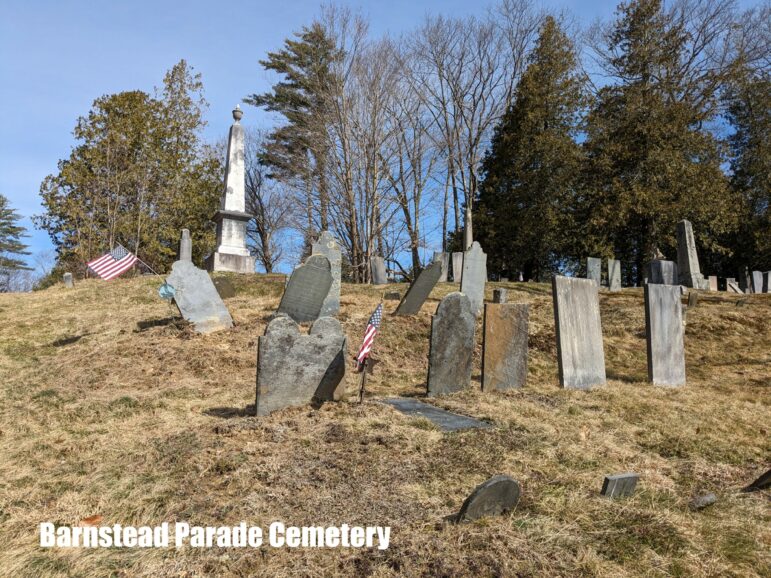A response to D. Maurice Kreis’ ‘A Northern Pass Ratepayer Victory:”
Mr. Kreis,
Those with Eversource/PSNH easements burdening their properties, who would bear the brunt of the industrial ugliness of the towers, would receive no compensation under the PUC’s settlement.

D. Maurice Kreis, New Hampshire’s Consumer Advocate
The Native Canadians, whose territories will be even more inundated and damaged, would receive no compensation, under the PUC settlement.
The abutters and travellers on the burial route would not be compensated for years of living with construction havoc, or for the environmental damages of burial. The settlement money wouldn’t even cover the unintended consequences of this project, for example, contamination of the aquifers it proposes to run over (and perhaps into, with Horizontal Direction Drilling.)
The easement-burdened landowners in New Hampshire and Canada, and the Native Canadians like the Pessamit would also live with the knowledge that they, and their land, were being exploited with the blessing of the PUC, SEC, DOT, WMNF, NHDHR, DES, DOE, ACE, and Hydro-Quebec.
These are not small things. They could be translated into economic losses, but why we should have to do that is unclear.
One expects amorality from Eversource and Hydro-Quebec, corporations predicated on exploitation of people and resources, as recent events show. One hopes for more from the agencies permitting their proposed project.
The PUC cannot consider only the financial implications of the project because these are intimately connected to many other issues: conservation, dependence, the form of the grid, efficiency, abuse of easements, technology, education, the acquisition of easements in the past and future and income. An agency that puts a “laser focus” on the financial implications of the project and averts its gaze from the rest of the project, is fragmenting what needs to be a broad assessment if it is to properly serve the ratepayers.
The most obvious connection of this “laser-focused” PUC approval is to the SEC process: Martin Honigberg and Kate Bailey, two of the three members of the PUC on this docket, are also on the SEC committee ruling on Northern Pass. This calls into question your statement that:
“At that PUC hearing, we won’t be arguing that Northern Pass should be built. That’s for the Site Evaluation Committee (SEC) to decide, and we don’t pretend that this small ratepayer victory tips the scale when considering all of the aesthetic, economic and physical impacts the SEC must evaluate.”
Eversource’s recent manipulations of the market, at the cost of ratepayers, suggests that ratepayer “victory” requires much broader actions by the PUC, and could be much greater than that promised by Northern Pass, without any of the environmental, economic and social costs of Northern Pass.
To say “the towers are basically just marginal costs with wires” is a dangerous fragmentation. If the PUC adopts the DES model: selling the right to damage resources on private lands, so as to hand that money to someone else, what is supposed to be a regulatory process with standards that must be met, will become a negotiating process where any standard not met can be “mitigated” through cash or other compensations.
What a dangerous act, to allow corporations to buy the right to damage the public and private resources of the State. This makes any standards set by the SEC meaningless. Combine this selling of indulgences with the other facts of regulatory capture of the agencies charged with permitting the Northern Pass project and you have the slow motion train wreck the opposition has been trying to stop for seven years.
Governor Sununu, driver of this train, has shown no indication he knows anything about it.
Your vision of Northern Pass as the project to end all projects is not founded on evidence. Utilities plan a grid covering all New England, as can be seen in the ISO 2030 map. This grid is in their interests, because it creates a captive market, rather than a distributed grid of small producers. It serves their interest because of their guaranteed rate of return of 10.5% on infrastructure investments. Approving the lease is approving this long-term plan.
Kris Pastoriza
Easton, NH
InDepthNH.org welcomes opinions on what’s going on in New Hampshire. The opinions, beliefs and viewpoints expressed here do not necessarily reflect the opinions, beliefs and viewpoints of InDepthNH.org





